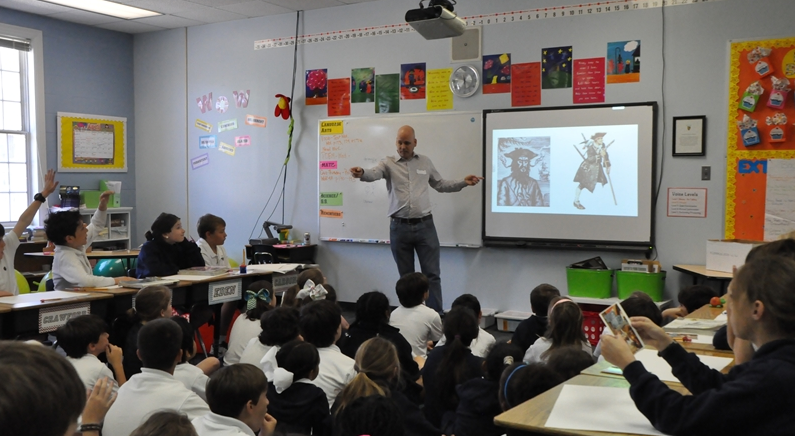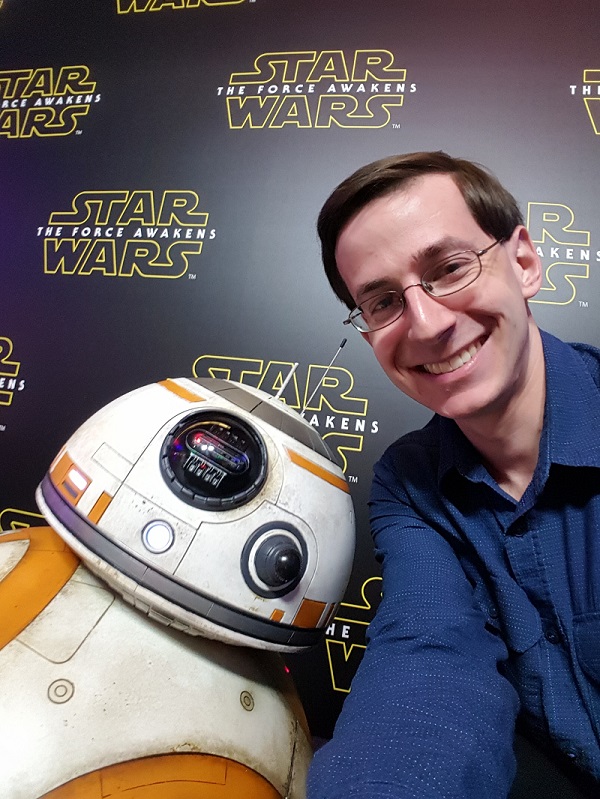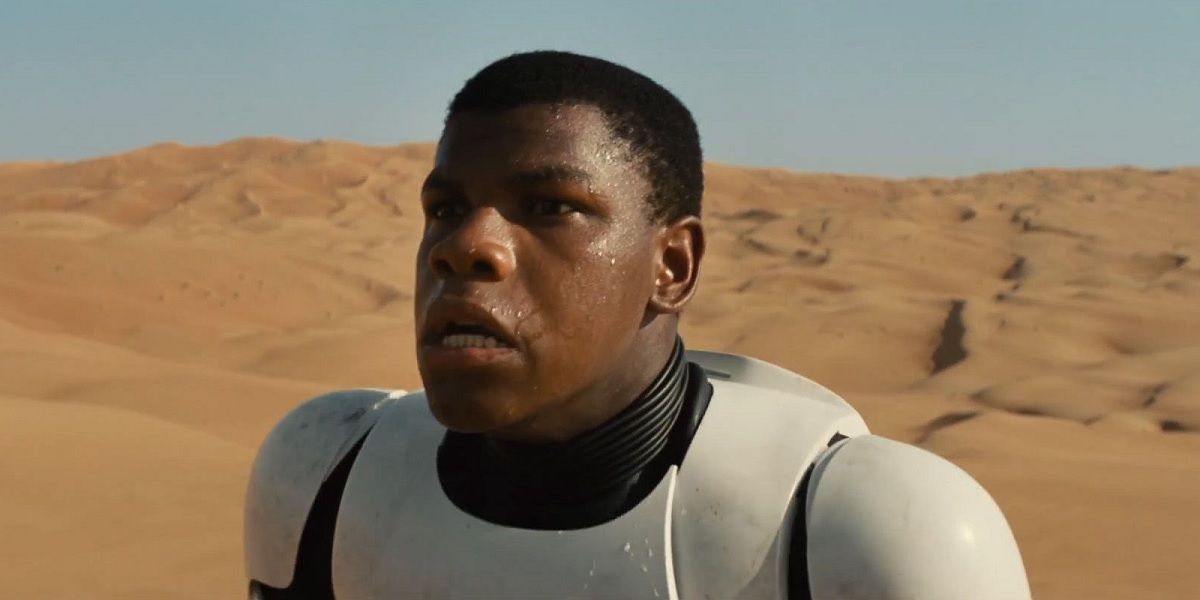When the first teaser trailer for Rogue One was released last April, a whole bunch of people who would identify themselves as Star Wars fans on some level found themselves seeing for the first time evidence of a movie that was unequivocally connected to the franchise, yet had little in the way of familiar characters—no Rey or Finn, no Luke or Leia, no Anakin or Padmé. The only recognizable face in the whole thing was Mon Mothma, but she looked a lot younger than she was in Return of the Jedi—what was this?
What is this rogue one ? Is it EP 8? A vid game?
— 💐 (@salsapantz) April 7, 2016
I didn't like the trailer for rogue one 🙁 I love Star Wars what is this
— Hope (@cancermoonbabyy) April 11, 2016
What is this Star Wars Rogue One business I just saw in a commercial?!?!?!?!? I'm freaking out. Someone tell me what's going on.
— Lancifer (@lancifer) May 1, 2016
While I have no interest in teasing or belittling these people for not following the ins and outs of Lucasfilm operations the way a lot of us do, I have to admit I found this oddly fascinating—not just confusion about the story and how it related to the existing movies, but even about whether it was an authorized Lucasfilm production, or some kind of off-brand remake a la Never Say Never Again, the unofficial James Bond movie.
So last month I came up with a short questionnaire and passed it out to several people, with a lot of help from the trusty David Schwarz, that you might call casual fans. The first couple questions revolved around The Force Awakens, with the goal of establishing their current perspectives on the franchise and its “main” story. Once that was done, I then got into their thoughts on the Rogue One trailer and premise in more detail; those responses are reproduced below with my own thoughts and conclusions peppered throughout. Read More

 I began my interview series
I began my interview series 
